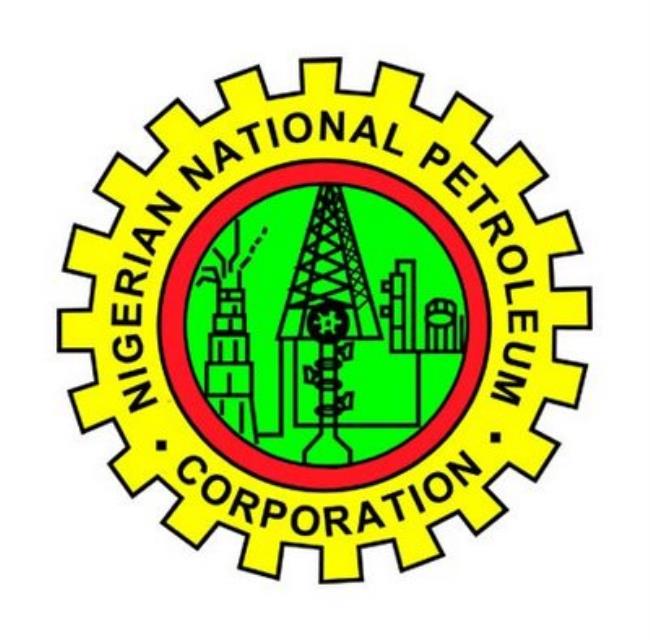Written By: Tony Onyima
For four decades, many Nigerians have been waiting for the news given the determination, energy and expense put into the search. The exciting news finally came on Friday, October 11, 2019 that the Nigerian National Petroleum Corporation (NNPC) has struck hydrocarbon deposits in the Kolmani River Well on the Upper Benue Trough, Gongola Basin.
With proven crude oil reserves of over thirty-seven million barrels, about six thousand billion cubic meters of natural gas reserves and daily production capacity of two point five million barrels per day, Nigeria has never hidden her desire to increase the nation’s reserve base.
In fact, President Muhammadu Buhari restated this position on February 3, 2019 when he flagged off in Bauchi, the current exploration effort that has now resulted into a sweet find. He said that exploration in the frontier basins was a national imperative and a core policy thrust that must be sustained. The nation’s hydrocarbon basins are Niger Delta, Chad, Anambra, Gongola (Benue Trough), Benin, Sokoto and Bida.
Over the years, the country had concentrated in the Niger Delta basins for her oil exploration while leaving the other basins largely untapped. Even though experts have advised that the news be taken with cautious optimism until the volume of the find is determined. But it is gratifying enough to note that there is oil in the Upper Benue Trough, given the efforts put in the search. It is also hoped that the discovery would balance resource locations in the country and help to douse agitations in the Niger Delta.
NNPC’s focus should now shift to Anambra basin, which already has witnessed oil and gas discoveries but requires the same level of investment and energy. The first serious search for oil in Anambra basin started in 2004 when Orient Petroleum Resources was granted oil prospecting license and authority to construct a private petroleum refinery. In spite of the daunting challenges, which include the vicious politics of ownership between Anambra, Kogi and Enugu States, finance and choking economic environment, the company has trudged on.
It has executed extensive data acquisition, covering six hundred and forty square kilometers in the oil blocks, known to contain at least five hydrocarbon bearing fields. It is currently drilling two new wells and has increased its production from 3,000 to 10,000 barrels. According to Department of Petroleum Resources (DPR), a state can only join the league of oil producing states when its production company produces at 120,000 barrels and graduates from oil prospecting to oil mining lease.
The prospect of Anambra attaining this status was enhanced recently when Sterling Exploration and Energy Production Company (SEEPCo), started an exploratory drilling activities in Ogwu Ikpele in Ogbaru local government area. Part of the oil blocks lies in Ogwu Ikpele and the rest in Rivers State.
In 2018, the Department of Petroleum Resources (DPR) revalidated the drilling permit granted to SEEPCo to “drill Enyie-2 as first appraisal well in Ogwu Ikpele. The company was making progress and had reached a critical stage until May 8, 2019 when the member representing Ogbaru Federal Constituency at the eighth House of Representatives, raised an alarm that an illegal oil exploration was going on in his constituency.
Through a motion, then law maker urged his colleagues to pass a resolution ordering a halt to the activities of Sterling Oil, insisting that the “oil exploration by the company was illegal. The House, consequently, passed a resolution to stop the drilling activities at Ogwu Ikpele and mandated its committees on Petroleum Resources (Downstream) and Environment to visit the community and report back. Unfortunately, the tenure of the 8th National Assembly ended on June 9, 2019. Apparently acting on the resolution of the House, on June 18, 2019 stopped Sterling’s operations.
The Honourable member might have led the House to act ignorantly. First, the drilling was not illegal as Sterling Oil is a registered operator with Nigerian National Petroleum Corporation (NNPC) and has a valid operating mining lease. The misunderstanding was quickly resolved through the intervention of Governor Willie Obiano and SEEPco has since resumed full operations.
Anambra State has been working assiduously to attract the needed investment that will increase the volume of exploration. Some of the concrete actions taken by the state include the construction of Aguleri Otu road leading to the wells and engagement with the National Boundary Commission for an amicable settlement of the dispute with Kogi and Enugu States. With the expected shift of NNPC’s gaze to frontier basins, it is most likely that the economic status of the state is set for a drastic change.









Comments are closed for this post.